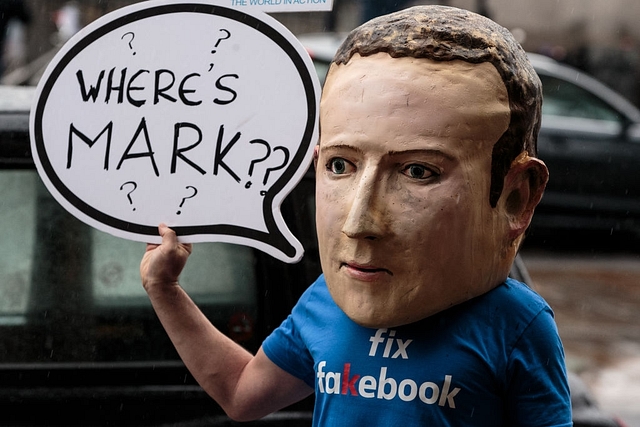
Documents Show That Mark Zuckerberg Approved Sharing Customer Data With Third Parties, Despite Second Thoughts
Although he endorsed the idea of giving thousands of third-party software developers wide access to customer data in 2012, Mark Zuckerberg, then just 28 years old, did harbour second thoughts about the business case for the idea, as reported by Economic Times (ET).
"In theory, we want information, but are the posts developers are giving us actually valuable? They don't seem to be for targeting (content) and I doubt they drive meaningful increases in engagement either," Zuckerberg wrote.
“Full reciprocity means that apps are required to give any user who connects to FB a prominent option to share all of their social content within that service back to Facebook,” Zuckerberg wrote in an e-mail to Facebook executives, years before the Cambridge Analytica scandal unfolded.
In mid-2018, Guardian reported that personal details of over 14 million accounts were compromised due to hacking activity on the platform.
“I’m generally sceptical that there is as much data leak strategic risk as you think. I agree there is clear risk on the advertiser side, but I haven’t figured out how that connects to the rest of the platform. I think we leak info to developers, but I just can’t think of any instances where that data has leaked from developer to developer and caused a real issue for us. Do you have examples of this?” Zuckerberg had written in a leaked e-mail.
Though the executive team at Facebook was fully aware of the privacy issues at stake, the company still went ahead with the decision. “This is a pretty high-risk thing to do from a PR perspective but it appears that the growth team will charge ahead and do it,” another email read.
Also Read: Facebook Admits To Inflating Viewership Metrics And Misleading Advertisers